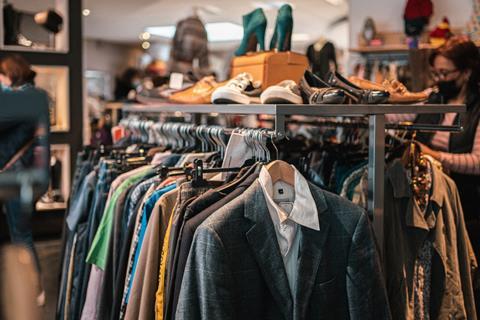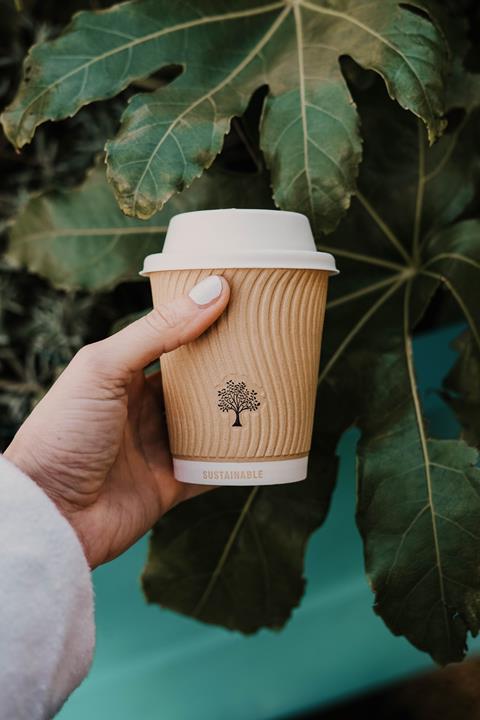Cathy Madavan shares what she has learned about budgeting and finding your value in more than just what you earn

Last year we moved to Bristol, a city known for its eco-credentials, hipster eateries and approximately a zillion electric scooters used for transport. And then there’s the recycling. It is quite a thing – we are provided with multiple recycling containers, where we can sort and recycle almost everything: food, glass, all kinds of plastic and even electricals. It’s impressive! This warms my heart, because, although none of us can solve the climate crisis singlehandedly, our choices do have consequences, and it seems to me that Christians should be at the forefront of caring for the planet so lovingly made by our Creator. I certainly know I can do more, but here are some ways I am at least trying to do better.
1 Furniture
As I write, I am preparing to upcycle my dining chairs, which are looking a bit shabby and not very chic! So, the sandpaper and paint has been purchased and I’m hoping the chairs will be transformed. I might occasionally invest in a new mattress or a sofa, but wherever I can buy second hand, or just refurbish, repurpose and re-use. I’ve turned old curtains into a basic patchwork quilt (with almost zero skill), and I’ve painted kitchen cupboards as well as tables and shelves. Online marketplaces are absolute treasure troves where I have found new table legs, shelving and even stained-glass doors. Finding or creating something special can be super-satisfying.
Christians should be at the forefront of caring for the planet so lovingly made by our Creator
2 Clothing
I am not pretending to be a flawless eco-saint – I do buy new clothes and frankly I enjoy a new pair of shoes as much as anyone. However, with online resale apps and charity shops galore, it is possible to reduce the amount of new or disposable fashion items we purchase. The clothing industry has a huge environmental impact, and it is encouraging to see high street brands using sustainably produced cotton and recycled materials. But every time we buy something preloved, we do our planet a favour as well as getting a bargain. Is this something we could do a little more of, perhaps?
3 Food
Last year, we lived with friends for around eight months while we were between houses, and I learned a lot about food waste from them. Leftovers were something of a culinary art form, with extra portions not only frozen but also listed (genius!) so they actually knew what those random packages in the freezer contained. About once a week was leftovers night with choices placed on the table to dig into. But best of all was the concept of ‘potage’ where they simply added more ingredients to the leftovers of a previous meal, to create a new dish. I’m no chef, but I am now fully on board with the leftovers lifestyle.

4 Plastic
I recently read that recycling one plastic bottle could power a 60-watt light bulb for three hours. Just one bottle! Added to that, there is apparently more plastic in the ocean than there are stars in the Milky Way and, unlike other materials, plastic does not biodegrade but simply breaks down into microplastics, which then make their way into our bodies through groundwater and our food supply. We should obviously reduce plastic use wherever possible and there are some easy wins. For example, I’m increasingly using my reusable water bottle and coffee cup and avoiding plastic cutlery and straws. Most of us adapted to taking our own re-usable shopping bags instead of using plastic ones (when we were forced to pay for them), so it should be possible for us to reduce, re-use and recycle more of our plastic.
5 Giving back
Did you know that your old prescription glasses can go to those in developing nations who need them? Or that your furniture, gadgets or discarded musical instruments might be just what somebody else needs? When we give away or resell our possessions, we not only create a more sustainable, circular economy, we can also bless others in the process. Perhaps we not only need to value what we already own, but also increasingly share, sell or give away what we no longer need. Together we can make a difference – both to people and to our planet.
































No comments yet